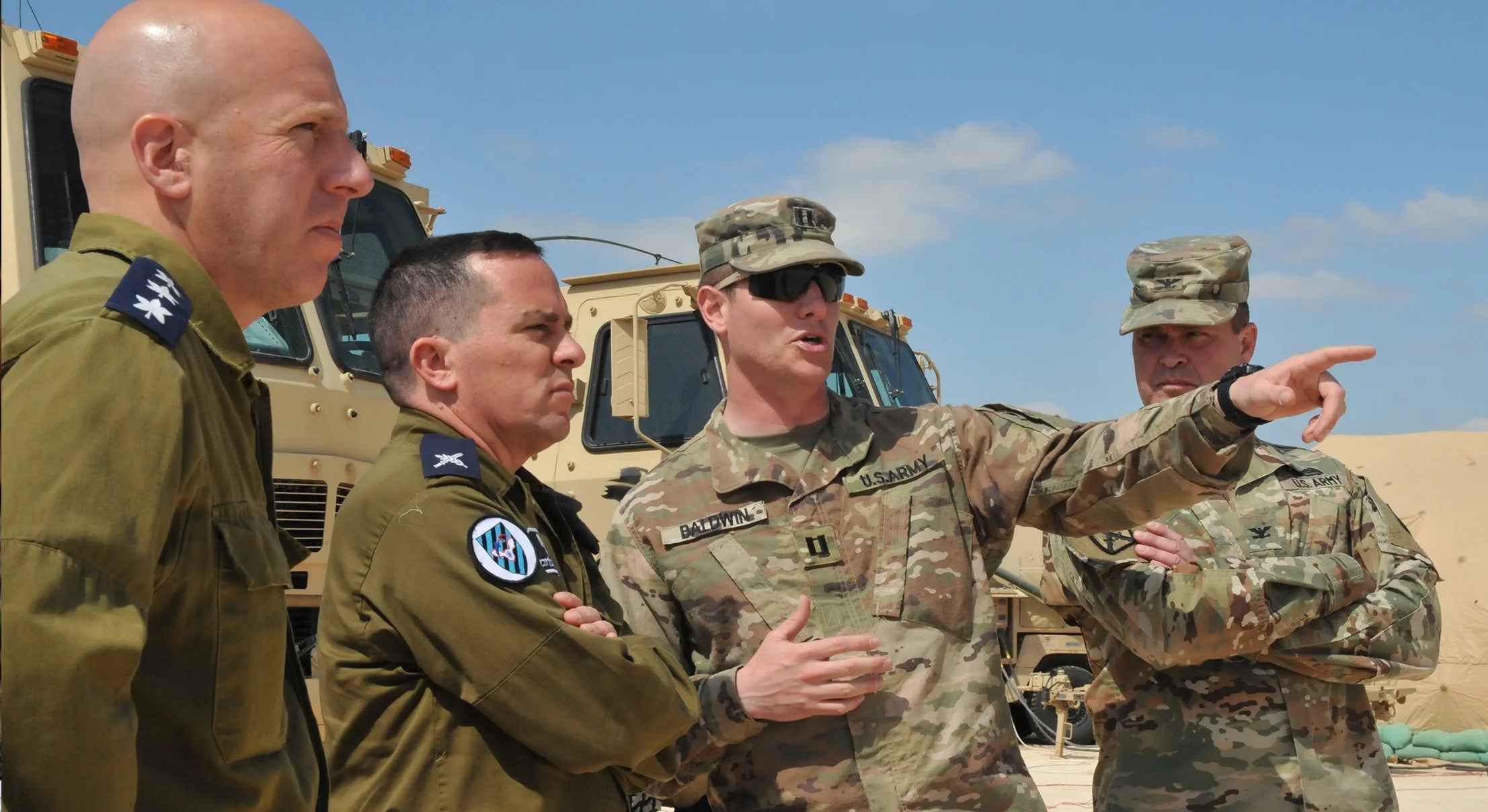Paper: US Response to 9/11 Holds Lessons for Israel
Paper: US Response to 9/11 Holds Lessons for Israel

As Israel continues to wage war on Hamas, it “would do well” to carefully consider the lessons learned by the United States in its response to the 9/11 attacks, writes the author of a new paper published by the Association of the U.S. Army.
While author Lt. Col. Jay Figurski concedes that Israel’s response to the violent ambush by Hamas on Oct. 7 is understandable, civilian and military leaders now must proceed only with a viable endgame in place and a plan to restore hard-won diplomatic relations forged in recent years with their Arab neighbors.
“The desires for retribution and responding with overwhelming force are human,” Figurski writes in his paper, “What Israel Can Learn from the U.S. Global War on Terrorism,” published by AUSA as part of its Land Warfare series. But “in times of crisis, leaders must have the patience and courage to think several steps ahead and to consider the ramifications of the actions they take,” writes Figurski, a Middle East foreign area officer who is retiring from the Army and most recently served as the Israel desk officer for the Joint Staff strategy, plans and policy directorate, J5.
It is understandable, he writes, that as head of state, Israeli Prime Minister Benjamin Netanyahu would want to immediately demonstrate that the gravity of the Oct. 7 attack warrants overwhelming force by Israel Defense Forces. That day, Figurski writes, “has become Israel’s 9/11,” and Netanyahu’s speech to the Israeli people resembled the response by then-President George W. Bush to the American people on Sept. 11, 2001.
However, Figurski points out that as the U.S. war on terrorism stretched into 20 years, the U.S. “would find itself stuck in quagmires that had little to do with the threats that had first been responsible for the terrorist attack.”
Further, Figurski writes, the United States’ fight was sustained over the years by more abundant financial resources than Israel and, more importantly, an all-volunteer professional military, “in which the direct impacts of war are borne by the less than one percent of Americans serving on active duty at any given time. Israel, however, does not have these luxuries.”
“With these constraints in mind, Israel would do well to pay heed to the lessons that the United States learned in the Global War on Terrorism: determine the end game, consider the war for hearts and minds and the cost of ‘going it alone,’ avoid a multi-front war, and beware unintended consequences,” Figurski writes.
As the United States discovered in Afghanistan and Iraq, military campaigns to eradicate deeply rooted political-military movements usually fail. And that is exactly what Hamas is, with roots that extend far beyond Gaza, Figurski writes.
“It is imperative to U.S. interests and regional stability that Israel sets attainable objectives and meets them as soon as possible,” he writes. “If it doesn’t, the progress made in normalizing Israel’s diplomatic relationships with its Arab neighbors over the last few years will be increasingly difficult to restore.”
Read the paper here.

